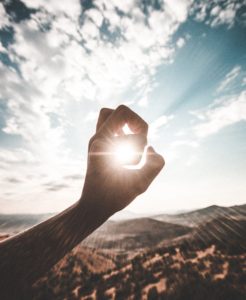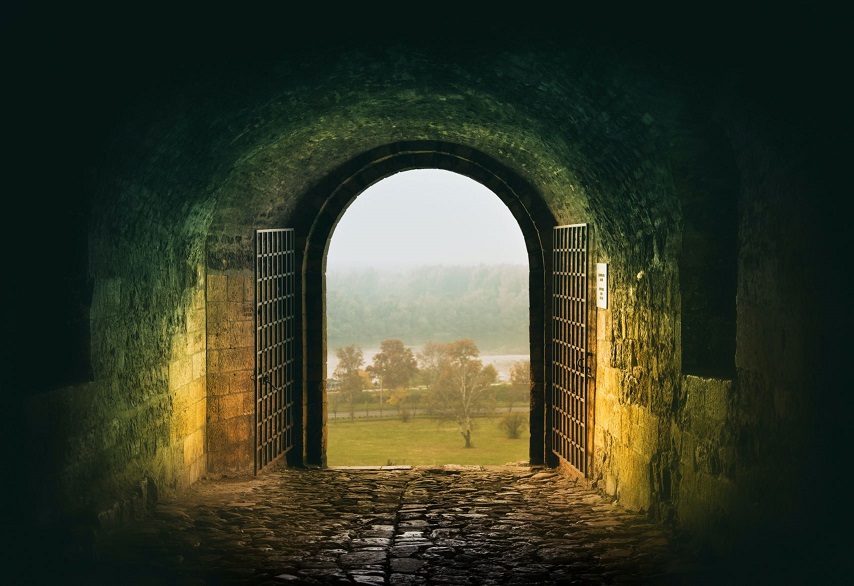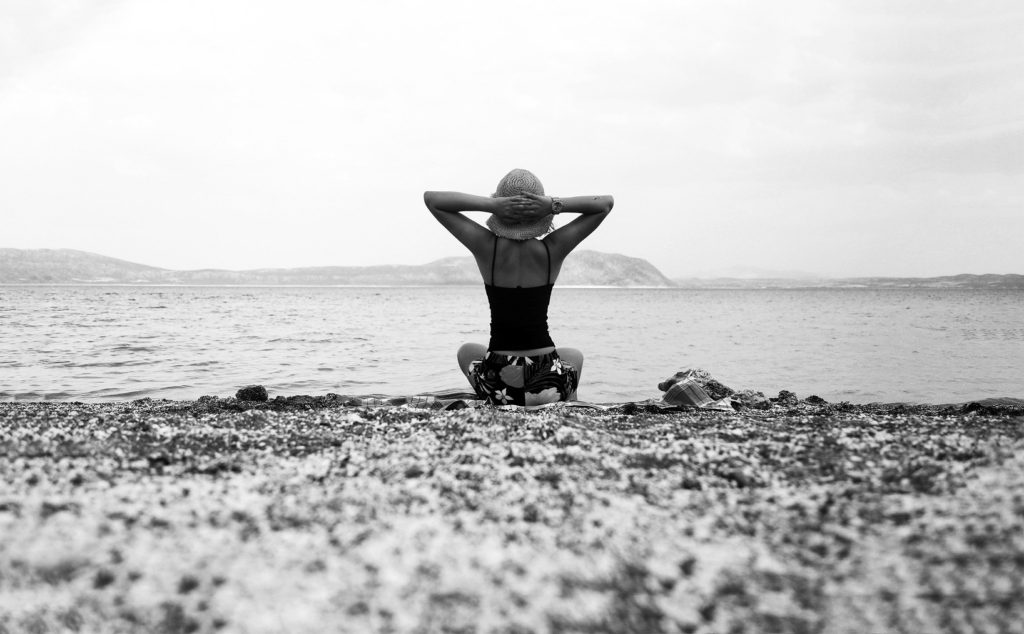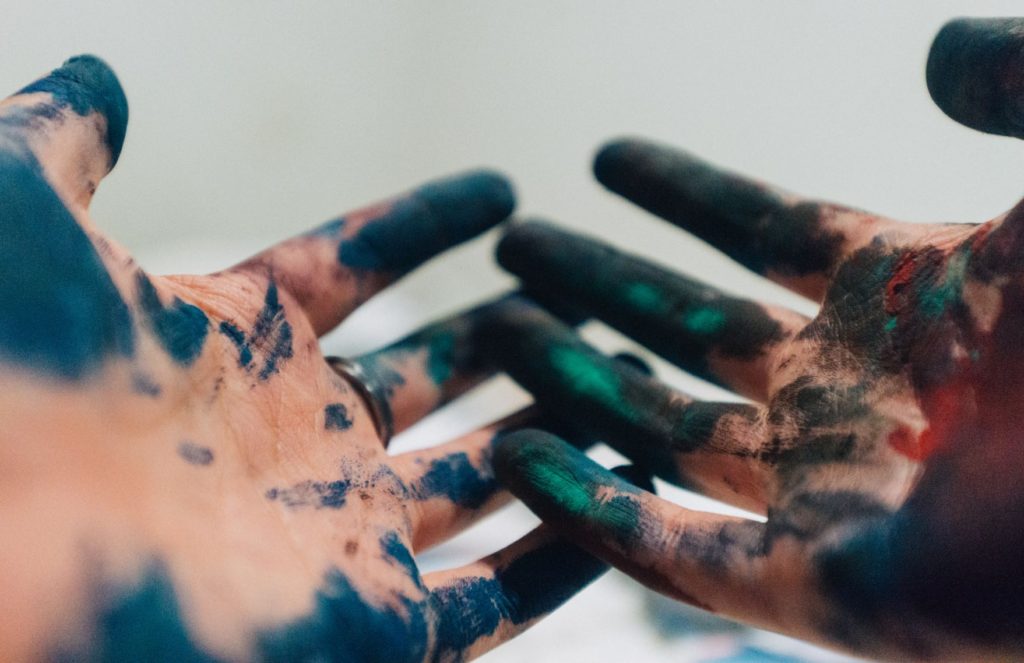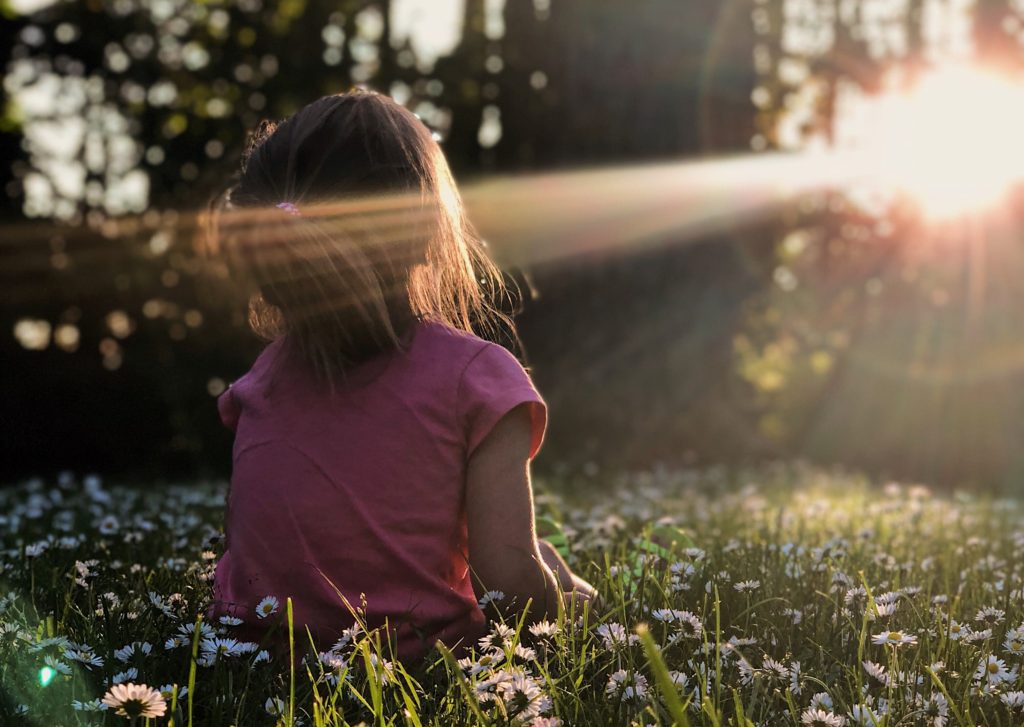Foundation #3: Ownership. Your theology is the matrix in which healing happens. Examine your theology. Deconstruct and reconstruct as you choose.
You do not have to be good. You do not have to walk on your knees for a hundred miles through the desert, repenting. You only have to let the soft animal of your body love what it loves. ~Mary Oliver
(Three foundations – embodiment, awareness, and ownership – are fundamental. The four healing shifts – more soul, more acceptance, more intention, and more creation – are powerful. But making the shifts without the foundations is like building a house on the sand. I’m diving deeper into these seven facets of healing throughout November and December. You can subscribe here.)
First, a caveat:
I write these newsletters as the “me” who knows these things I write. I am still also the “me” who forgets them. I am still also the “me” who commits to this open-ended soul pilgrimage, gets scared, and returns to the safety of culture’s prescribed path. I commit to my journey, lose my way, and then find my way back to commitment, over and over and over. This seems to be how it works for most of us. Deep change takes time, usually. Time, and continuous recommitment.
An audacious statement:
Theology should not hurt. Theological beliefs that cause pain aren’t true. It’s that simple. If a belief or a system of beliefs hurts, let it go and choose holier, healthier, more whole beliefs instead.
You get to do this.
You are a theologian. We are all theologians, whether we want to be or not. Many of us are passive theologians—taking what we’ve been told as the gospel truth, whether these beliefs about God*, creation, and our place in the cosmos cause harm or not.
When you’re more bodyful and mindful, you become aware of what hurts. You become aware of forces and ideas you may have endured for decades, believing you had no choice. After all, you’ve been taught, implicitly or explicitly, that theology is done by other people—more qualified, authoritative, male people.
Dr. Diana Butler Bass (author of Freeing Jesus, most recently) describes a moment in graduate school when another student referred to a woman author as a “theologian.” Diana’s male professor corrected them: “Women don’t write theology. Women write memoir.” (Or self-help.)
You get to choose your beliefs. If the theology implanted in your brain before you had the capacity to think about it critically works for you, rock on! If not, it’s your calling and your responsibility to create new theological pathways for yourself, and possibly for others.
These beliefs might be hurting you:
- God* is male, therefore maleness is superior. Maleness is superior, therefore God* is male.
- Bodies are bad, especially female bodies.
- Earth and earthly things are profane.
- My sexuality is dangerous, must be controlled, and is to be expressed only in the context of heterosexual marriage, if then.
- One marriage only.
- Religion is about following rules, being good, and getting to heaven.
- Sin is breaking rules.
- Jesus died for my sins.
Some alternatives to try on:
- God* is love. God* is in everything and every thing is in God*.
- All bodies are holy.
- Earth, the body of God*, is sacred. There is no such thing as “profane.”
- Sexuality is a gift to be cherished, explored, and shared if I wish.
- People change. People grow. Sometimes that change and growth requires leaving a marriage.
- Religion (the Latin root means to reconnect, retie, realign) is how I outwardly express my inward beliefs. Religion is how I tie myself to the holy.
- Sin is refusing to heal and be whole.
- Jesus’ radical beliefs about human belovedness and the loving heart of God* led him to the cross. His fidelity to his beliefs and his willingness to die for them are what saves.
Some ways to begin:
1. Awareness = bodyfulness + mindfulness. Pay attention to how different thoughts feel in your body. Say a thought out loud or to yourself. What do you notice? What’s going on with your breathing? Your heart rate? Your muscles, especially in your upper body? Your abdomen? Truth feels like freedom. For most of us, freedom feels expansive, light, open, and warm.
2. Remember your experiences of holiness, if you have them.
Ask yourself questions, and listen for your answers.
- Do I really believe in God*? (Maybe you don’t.)
- If yes, why?
- Have I ever experienced the Sacred/More/Holy/Love/God*? (Maybe you haven’t.)
- If yes, how? Where? When?
Attend to what you know is true. Truth feels good in your body. Perhaps unsettling, but good. False thoughts and beliefs do not feel good in your body.
3. You could play with this sentence: “If God* is …, then I am …, and my soul is ….” Using my Camino deep womb-like heart experience, I might say “If God is a deep womb-like heart connecting everything, then I am a child of God, and my soul is an umbilical cord.” Here are more examples.
This above all: Trust your knowing. Trust your experience. Your knowing is more valid than beliefs formulated by others, passed along as truth. Stop trying to make yourself believe things you know not to be true. Stop pushing those uncomfortable thoughts of disbelief aside. Believe yourself. Be truthful with yourself. Know what you know, at least internally. Claim your integrity.
If all you know to be true is the sweetness of an apple, or the feel of water on your feet, or the sound of birdsong? That’s okay. That’s real. That’s authentic. Trust yourself. Believe yourself.
Stop cutting off parts of yourself to fit into others’ theological boxes.
This work is too important to delegate. Be your own theologian. Take ownership of your fundamental beliefs.
*** ”God” is a commonly-used name for unknowable, unnamable, animating energy. How does “God” feel to you? If that name feels good, use it if you want to. If not, trust your knowing and use another name, or no name at all.
PS. Happy Thanksgiving to my readers in the United States. I’m thankful for each of you. Here are a couple of resources if, in addition to giving thanks, you want to think critically about this day.
To know more about, and perhaps acknowledge, Indigenous people who occupied your home before you, check out this resource. Bend, Oregon, is located in the homelands of the Tenino and Confederated Tribes of Warm Springs, comprised of Wasco, Warm Springs, and Paiute people. Members of these Tribes, and others, live here still.
And here’s a video by Robin Wall Kimmerer about “The Honorable Harvest,” which describes an ethical relationship with plants upon whom we depend.
Photo credit: Daoudi Aissa on Unsplash

